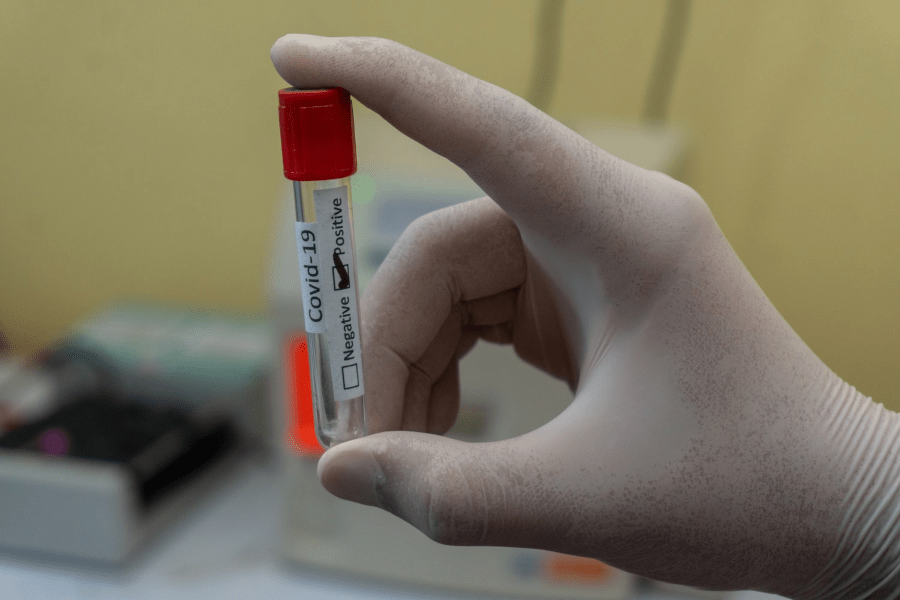Health
Professor who developed first COVID-19 saliva test dies

WHAT YOU NEED TO KNOW:
- Research professor Andrew Brooks, the lead researcher of COVID-19 saliva test, died on January 23.
- His COVID test has been used by more than four million people in the US since last year.
- New Jersey Gov. Phil Murphy called Brooks as one of the state’s “unsung heroes.”
Andrew Brooks ━ the scientist who built the first COVID-19 saliva test ━ has passed away last January 23, according to Rutgers University.
The university made the announcement without disclosing further details about the unexpected death of the research professor.
Brooks spearheaded the program of developing the COVID-19 saliva test as head and director of Rutgers University Cell and DNA Repository (RUCDR) Infinite Biologics.
In April of last year, the innovation was granted an emergency use authorization by the US Food and Drug Administration. By May, it was cleared for home-usage.
According to the university, over four million rapid tests were conducted since March last year.
During a press briefing last week, New Jersey Gov. Phil Murphy paid tribute to Brooks as he described him as “one of our state’s unsung heroes.”
The governor said that the university’s initiative on developing the test has “undoubtedly saved lives,” lauding Brooks’ achievement for the last time.
“We cannot thank Andy enough for all he did across his career. He will be sorely missed by many,” he said.
In his statement, RUCDR founder and CEO Jay Tischfield said that Brooks “will be fondly remembered by the large cohort of scientists whose research he facilitated across many years.”
Brooks’ professional background includes being Rutgers-New Brunswick’s School of Arts and Sciences in the Department of Genetics professor, Human Genetics Institute of New Jersey academic member, Rutgers’ Environmental and Occupational Health Sciences Institute research faculty member, NIHS Center of Excellence member and Rutgers Joint Graduate Program in Toxicology faculty member.
Brooks co-authored over 70 publications as he also had a vital role in sharing his expertise in consultations, biobanking, and analytical services to various large projects “that have yielded insights into the genomic etiology of human diseases and the effects of environmental exposures,” per Rutgers.
For more than one and a half decades, he also served as an FDA adviser as the Harlan GeneScreen Laboratory (now Envigo) director and as BioProcessing Solutions Alliance co-founding director.
The 51-year-old professor is survived by Jil, his wife, and Lauren, Hannah and Danielle, his daughters.
Source: New York Post
